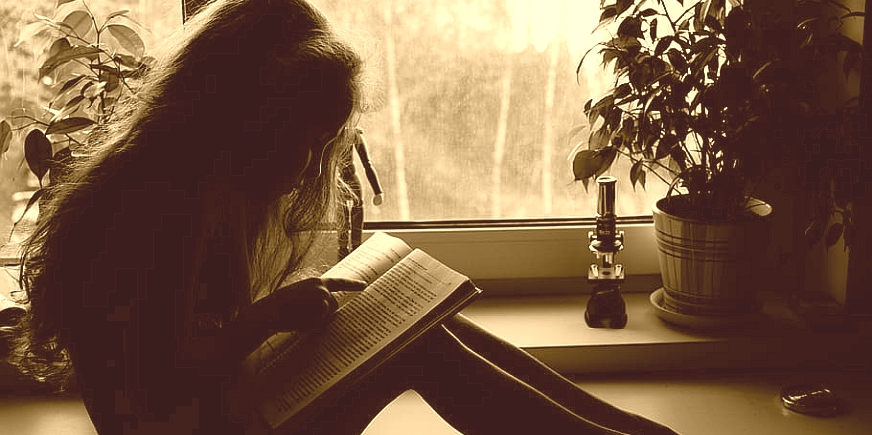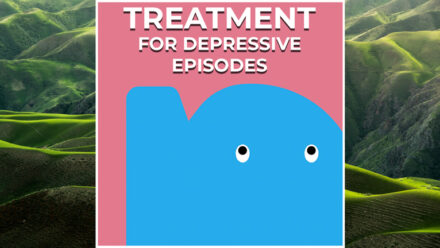
Neurodiversity and inclusion in children’s books is a continuation of this blog followed bij this blog.
Adelle wrote a book about neurodiversity and inclusion. I asked her if she could tell us how this came about and how she thinks it can help children get a better understanding of these topics.
After struggling
to find books that represented my family I decided to write my own. It was my lockdown project and a labour of love but I am really pleased with the result. I wanted to find a book that touched on disability and inclusion, whilst honouring the special relationship between siblings; where one is neurotypical and the other disabled. I pulled on my own experiences and found inspiration from other wonderful super siblings within the SEN community and the result was: Freddie and the High Flying Kick.
The book is about a boy called Fred, his family call him Freddie, who is a young boy who loves to play football. He has a brother called Frankie and a frame to help him walk. At school Freddie is often excluded from games at break time; the other children don’t know how to include him and this makes him sad. It’s up to his brother Frankie and the Supersiblings Gang to swoop into the school and open the children’s eyes to the possibility of helping Freddie to play.
Through the eyes of Freddie
children will learn how it feels to be excluded from your peers based on a physical disability and how they can ask for help for appropriate ways to include their disabled friends.
Books are a wonderful way to discuss important and complex issues in the safety of the home, which then allows those children to feel comfortable and confident when trying to engage with and include their disabled peers. I hope my book continues to help people with their inclusion work and that there will be more books like this in the future.

I met Faye and Adelle at a local baby swim class just a few weeks after I moved to the south of England. Soon, a friendship arose between us and our sons, and 7 years later we are still going strong. As parents of children with a disability, Faye and Adelle have been a great support to each other. Faye says: “I’ve been very fortunate to meet both you (writer) and Adelle through Water Babies.
Back then
Rowan was further along in his diagnosis, while we were still navigating those early stages. Adelle noticed some similarities between our boys, as they were both considerably delayed in reaching typical milestones. Fast forward a few years, and here we are — supporting each other through the ups and downs of parenting two boys of similar ages, both with rare genetic disorders. Having someone who truly understands what you’re going through makes a world of difference.
We frequently get the boys together and have even gone on family holidays. Of course, it can be challenging; sometimes, we have these amazing moments where they interact so wonderfully, and other times it’s complete chaos!”
My son has also become friends with their boys
especially Caelan. Seeing their friendship develop over the years has been a real privilege. My son (Tate) knows that Caelan has a disability, but it has never stopped them being close. A few years ago Tate asked me why Caelan didn’t talk, so I explained that he was a bit delayed in learning certain things. We talked about sign language, and I remember Tate would say “Caelan is so clever, he can talk with his hands!”
Sometimes, their differences are noticeable
For example, when they decide on what to watch on TV, or when we’re out and they want to do different things. The beautiful thing about their friendship is that they always find a way to adjust to each other. Whether we end up playing silly games in the arcade, or running around in a splash park. I’ve always encouraged (and still do) my son and stepson to ask questions if they don’t understand peoples’ differences. Not just about disabilities, but about mental health issues as well.
Because in my opinion, my friends couldn’t have said it any better; we need to talk about neurodiversity in order to normalise it, and talking to our children is a wonderful place to start because this then allows those children to feel comfortable and confident when trying to engage with and include their disabled peers.





Comments: